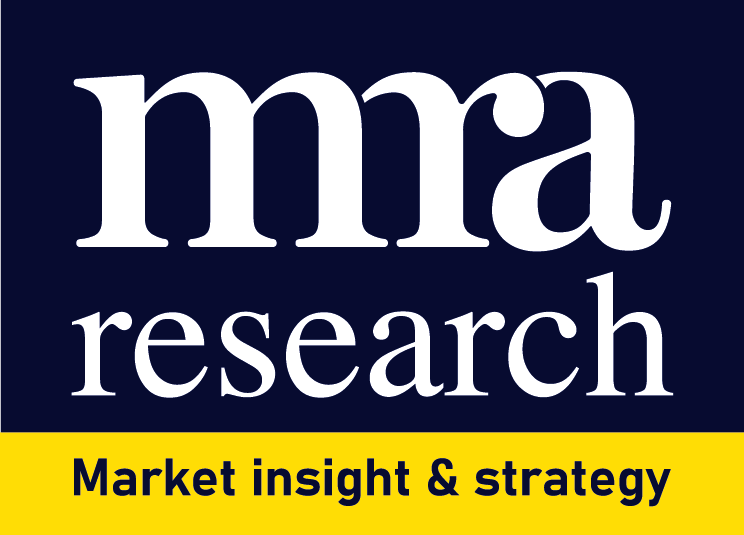The big greenwashing crackdown
Sustainable, eco-friendly, carbon neutral, net zero, carbon negative – we’ll all have to be much more careful in our use of these red flag words in our marketing, says Mike Rigby of MRA Research.
 Green wishing too often leads to greenwashing. And there’s a lot of greenwashing about, as people try to buy sustainable products and look for signals on packaging or advertising to help them choose sustainable products. It’s a worldwide problem.
Green wishing too often leads to greenwashing. And there’s a lot of greenwashing about, as people try to buy sustainable products and look for signals on packaging or advertising to help them choose sustainable products. It’s a worldwide problem.
After years of unconstrained greenwashing when almost any claim was risk-free, global institutions, legislation and enforcement have finally caught up.
- The European Commission and consumer authorities examined 344 seemingly dubious claims and found that in more than half of the cases, the trader did not provide sufficient information for people to judge the claim’s accuracy.
- In 37% of cases the claim was vague using claims such as eco-friendly or sustainable which aimed to convey the impression that a product had no negative impact on the environment.
- In 59% of cases the trader had not provided easily accessible evidence to support the claim.
- More than 200 eco-labels were used in the EU in 2023. More than half of the labels’ verification procedures were weak or absent.
- A Guardian investigation revealed that more than 90% of carbon credits used by firms such a Shell were largely worthless.
- KPMG says the fines courts around the world are imposing for greenwashing are starting to mount. But the commercial and reputational damage that comes with being accused of greenwashing, or being perceived as greenwashing is usually a much greater cost.
In the UK, the Advertising Standards Authority (ASA) has gone into overdrive. There’s so much to do they’ve enlisted the help of AI to root out loose or false claims. AI is helping them screen for phrases like sustainable, recyclable, carbon neutral or zero carbon. The ASA scanned 3 million advertisements last year and plans to scan 10 million.
Last year it clamped down aggressively on green ads by polluters including Shell, Equinor, and Lufthansa. In February it banned emissions’ claims made by carmakers BMW and MG as well as claims on pollution from London Transport authorities.
It took issue with Norway’s Equinor’s claim that wind farms, oil and gas and carbon capture play a balanced role in its energy mix when most of the company’s revenues come from oil and gas.
Guy Parker, ASA’s chief said: Companies that use carbon offsets to justify green claims like carbon neutral were “kind of cheating” in the eyes of consumers. The ASA has recently barred claims by drinks company BrewDog and shirt company Charles Tyrwhitt to be carbon negative or carbon neutral. “People are confused and not very happy when they find out that carbon neutral can be substantially based on carbon offsetting,” he said. The ASA has also banned unsubstantiated claims from the Home Office, Danone and Coa-Cola.
Two unintended consequence are (1) that it makes it harder to distinguish companies that have made a lot of progress from the freeloaders, and (2) companies complain that this aggressive crackdown demands they achieve perfection before they can promote their green credentials in their marketing.
This article was first published in the Builders Merchants News magazine.
